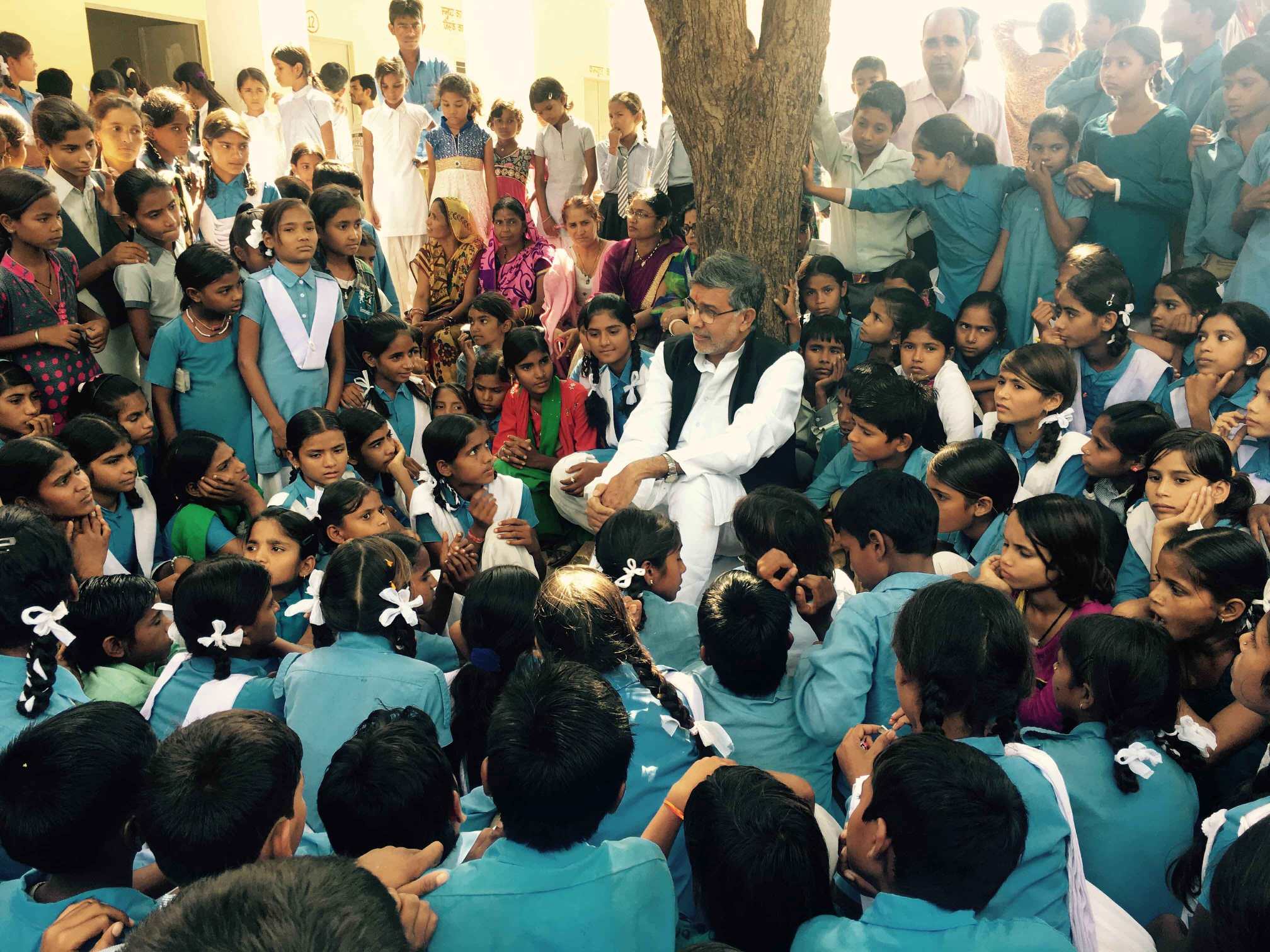
Kailash Satyarthi Children’s Foundation today welcomed the steps taken by the central government for making the POCSO Act more stringent and honourable Supreme Court for giving out historic directions for the establishment of special courts across the country for dealing with cases of child sexual abuse to reduce pendency.
KSCF, with a mission to raise awareness about the impact of these heinous crimes on children, published its report ‘The Children Cannot Wait; Status of Pending Trials in Child Sexual Abuse Cases in India’..
RECOMMENDATONS IN THE REPORT (Released in April 2018)
1. Set-up a National Children’s Tribunal for victim/survivor centric justice delivery based on the principles of reparation and natural justice.
2. Formulation of a National Budgeted Action Plan for expeditious justice delivery in cases of rape of children. Components of the action plan will be
a. Investigation
• A dedicated police cadet corps for registration and investigation of cases of crime against children.
• Time bound investigation of cases of child sexual abuse as per the POCSO Act 2012.
b. Trial
• Exclusive* courts, as per quantum of pendency, for fast track and time bound trial in every district.
• Dedicated & trained public prosecutors for legal representation in cases of child sexual abuse.
• Policy on victim and witness protection including relocation and court mandated protection to victims of child sexual abuse and their families
• Setting up of dedicated state-of the art forensic laboratories for cases of child sexual abuse in every State.
c. Rehabilitation
• Panel of doctors and psychologists in all hospitals for immediate and long term assistance in cases of child sexual abuse.
d. Technology
• National Grid for tracking pendency and performance of courts for trial of cases of crime against children.
• A sex offenders’ registry to deter repeat offenders of child sexual abuse.
*The said exclusive courts would conduct day-to-day trial of cases of child sexual abuse only to fast track these cases. The number of thee exclusive courts in a State will depend upon the state of pendency of these cases.
HIGHLIGHTS
Facts of pendency, at a glance, from the report “The Children Cannot Wait”:
1. A staggering number of over 1 Lakh cases are pending, as of 2016 (As per NCRB data)
2. States with the lowest pendency are Punjab, Nagaland and Chandigarh, where children may see justice in 2018
3. Children in Haryana, Andhra Pradesh, Chhattisgarh and Dadra and Nagar Haveli may see justice in 2019
4. In Uttar Pradesh and Rajasthan, victims can hope for justice in 2026. In Delhi and Bihar, a child has to wait till 2029, while in Maharashtra a victim has to wait till 2032
5. The wait is prolonged till 2055 in Andaman and Nicobar, 2048 in Manipur, and 2039 in Kerala
6. The states with the highest pendency are Gujarat and Arunachal Pradesh –justice may be delivered in 2071 in Gujarat and 2117 in Arunachal Pradesh
";

